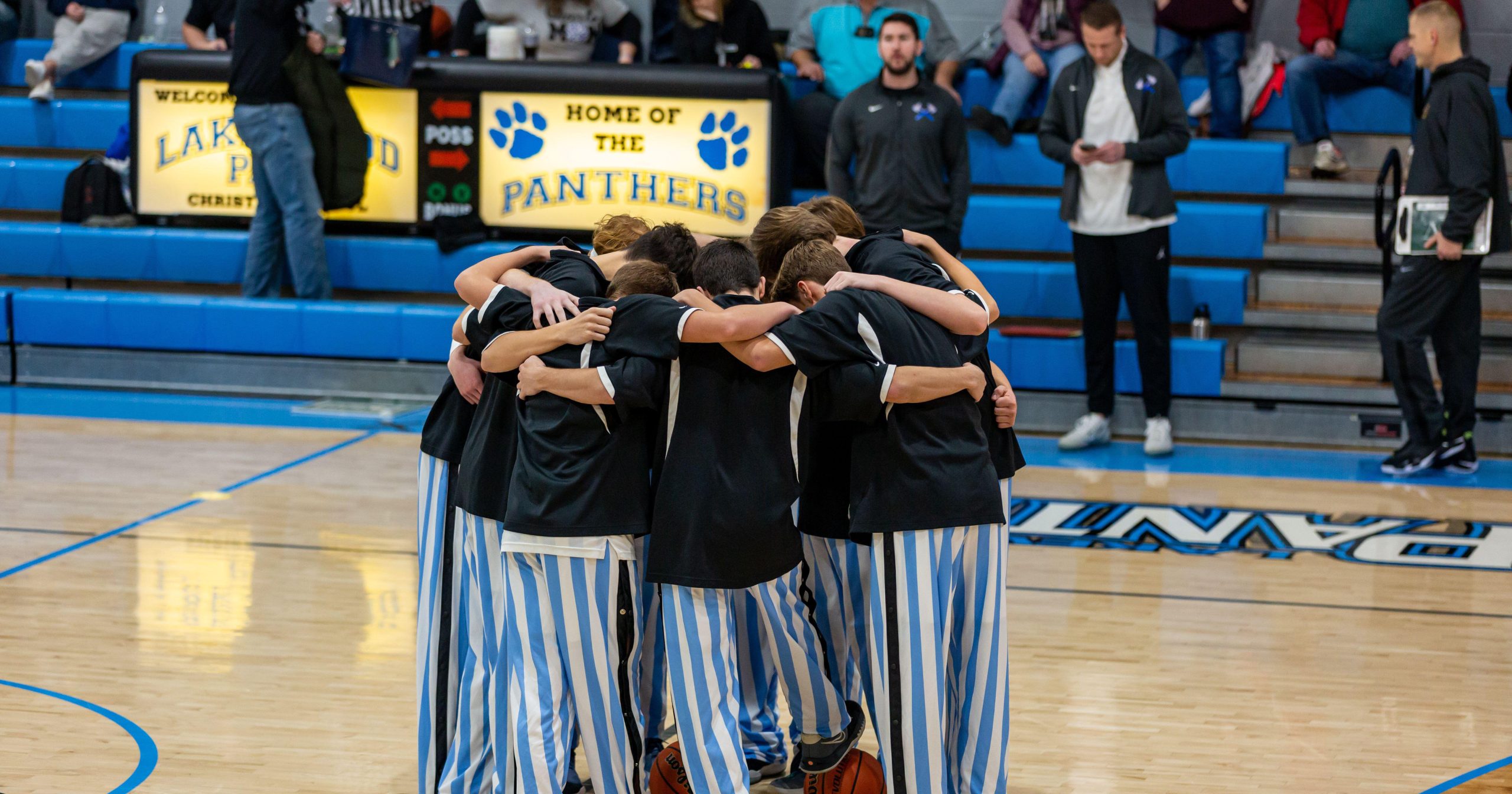Conservative legal groups have expressed concern over the Biden administration’s recently announced guidance on religious expression in public schools, believing that it might increase violations of First Amendment rights for teachers and students.
On Monday, the United States Department of Education released the details of a new guidance titled “Guidance on Constitutionally Protected Prayer and Religious Expression in Public Elementary and Secondary Schools.”
There's reason for their concern anytime the government begins giving "guidance" on prayer and religious expression.
Be informed, not misled.
"I'm from the government and I'm here to help."
President Ronald Reagan famously said, "I think you all know that I've always felt the nine most terrifying words in the English language are: I'm from the Government, and I'm here to help."
“The purpose of this updated guidance is to provide information on the current state of the law concerning constitutionally protected prayer and religious expression in public schools,” says the Education Department.
“The principles outlined in this updated guidance are similar to the U.S. Department of Education's … 2003 and 2020 guidance on constitutionally protected prayer in public schools and with guidance that President Clinton issued in 1995.”
Keisha Russell, counsel at the First Liberty Institute, said in a statement on Tuesday that there are concerns with the newly released guidance.
Russell says, “We respect that the Biden administration acknowledges the important religious liberty rights of public school employees as the Supreme Court declared in its Kennedy decision last year.”
Nevertheless, Russell warned that “the administration’s new guidance relies on old propositions derived from the overturned Lemon decision,” referring to a 1971 Supreme Court decision. The decision allowed for government involvement in religion provided that it:
- Served a secular purpose,
- Did not inhibit or advance religion.
- Did not result in an excessive entanglement of church and state.
More recent Supreme Court decisions have moved away from the so-called "Lemon Test" standard advanced by the 1971 decision and other 20th-century rulings, with the high court deciding that religious expression on government property does not have to fulfill the three-pronged standard.
There is also concern among Christian lawyers because the guidance "also removes another section that ensures that student groups can choose group leaders that agree with the groups’ mission. This could lead to more violations of students' and teachers’ right to association.”
While conservative groups have taken issue with parts of the new guidance, so-called progressive organizations like the Americans United for Separation of Church and State have hailed the new federal measures.
“We applaud the Biden administration for updating the guidance, which centers on the religious freedom of public school students. As the administration reaffirms, public schools must be open and inclusive for students of every religion and none,” said Americans United President and CEO Rachel Laser in a statement released Monday.
“Perhaps most importantly, the guidance emphasizes that public school employees, including teachers and coaches, may not coerce students to pray. Nothing about the Supreme Court’s 2022 decision in Kennedy v. Bremerton School District changes the fact that the Constitution prohibits public schools from sponsoring prayer.”
"A Republic if you can keep it."
The source of this quotation is a journal kept by James McHenry (1753-1816) while he was a Maryland delegate to the Constitutional Convention. On the page where McHenry records the events of the last day of the convention, September 18, 1787, he wrote: “A lady asked Dr. Ben Franklin, Well Doctor what have we got a republic or a monarchy – A republic replied the Doctor if you can keep it.”
To a one, our Founding Fathers believed that religious freedom was essential to a prosperous, free nation.
The Founders did not believe what secularists have put upon the church and the nation today.
Washington State's own Supreme Court Justice William O. Douglas wrote the majority decision in the 1952 case of Zorach v. Clauson.
He said this:
"The First Amendment, however, does not say that in every and all respects there shall be a separation of Church and State..."
Otherwise, the state and religion would be aliens to each other - hostile, suspicious, and even unfriendly...
Municipalities would not be permitted to render police or fire protection to religious groups.
Policemen who helped parishioners into their places of worship would violate the Constitution.
Prayers in our legislative halls; the appeals to the Almighty in the messages of the Chief Executive; the proclamations making Thanksgiving Day a holiday; "So help me God" in our courtroom oaths, these and all other references to the Almighty that run through our laws, our public rituals, and our ceremonies would be flouting the First Amendment.
A fastidious atheist or agnostic could even object to the supplication with which the Court opens each session: "God save the United States and this Honorable Court."
Justice Douglas continued:
"We are a religious people whose institutions presuppose a Supreme Being...
When the state encourages religious instruction...it follows the best of our traditions.
For it then respects the religious nature of our people and accommodates the public service to their spiritual needs.
To hold that it may not would be to find in the Constitution a requirement that the government show a callous indifference to religious groups.
That would be preferring those who believe in no religion over those who do believe."
Justice William Douglas concluded:
"We find no constitutional requirement which makes it necessary for government to be hostile to religion and to throw its weight against efforts to widen the effective scope of religious influence...
We cannot read into the Bill of Rights such a philosophy of hostility to religion."
Takeaway
At the conclusion of the Constitutional Convention, George Washington declared: "We have raised a standard to which the good and wise can repair; the event is in the hands of God."
I sincerely doubt that this nation needs Joe Biden to provide "guidance on prayer and religious expression."
Be Informed. Be Discerning. Be Vigilant. Be Prayerful. Be Engaged.

